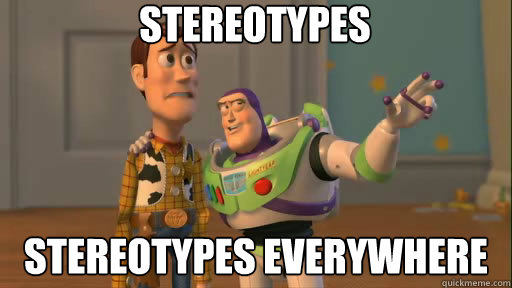For my post on
Amazing Grace by Jonathan Kozol I will be discussing three out of many powerful quotes from his text. His piece has overall been my favorite read yet of the semester just because of how realistic he is and how personal he gets with his words. His text reminded me a little bit of last week's read " The Silenced Dialogue" by Delpit because of her persuasion on the power of great teachers creating great education for all children no matter the difference of learning styles or race.
" No matter what happens in a child's home, no matter what other social and economic factors may impede a child, there's no question in my mind that a first- rate school can transform almost anything."
This quote shows the reader the importance of school to each child. A struggling home life can impact a child's education greatly but with a strong support school and teachers to form a comfortable safe community the children will get the help they need to succeed in school. They will want to attend school more and when they do something right their self esteem with grow. I think this quote is relevant to the text because it is important to stress how much education impacts a child's life and the many doors a good education will open for them to succeed.
" Wonderful teachers should never let themselves be drill sergeants for the state."
To me this quote means, that although teachers do have standards and rules to follow they should be themselves and be welcoming and make students feel comfortable in the classroom. This will create great student teacher relationships that help children succeed and do better in school because they feel like someone cares about them and wants them to do well. Teachers need to have their own guidelines in the classroom that do not make their room seem like a jail cell or somewhere where the students are constantly scolded and not given praise to.
"Apartheid education, rarely mentioned in the press or openly confronted even among once progressive educators, is alive and well and and rapidly increasing in the United States."
Apartheid education is in other words education is still separate and still unequal, although blacks and whites are segregated in school there is still a difference between education in socioeconomic levels. This should be an issue brought to more people's attention so that more children can succeed through their education and receive the education they deserve no matter what color they are, how much their parents make, what city they live in all children should be educated the same way.










